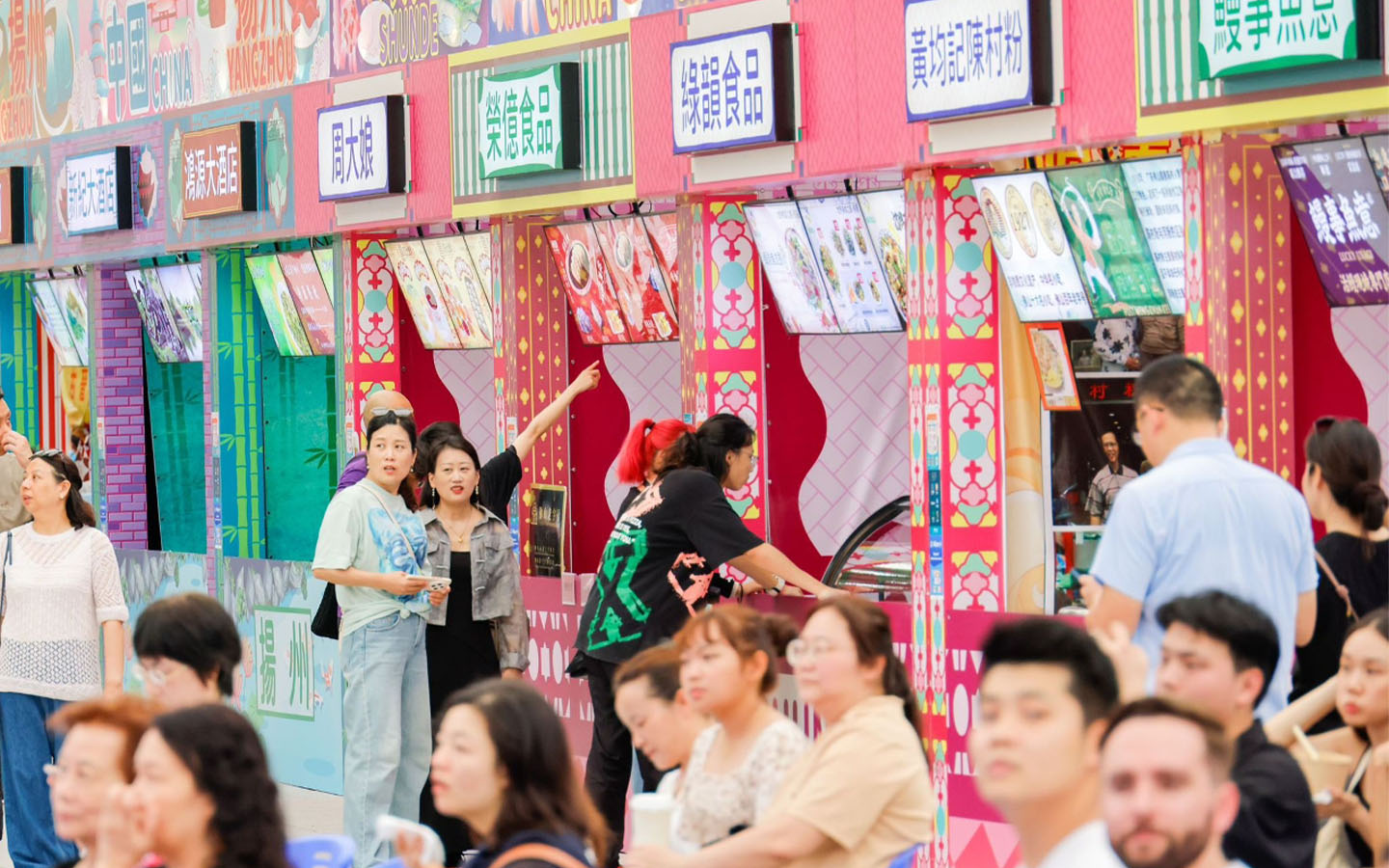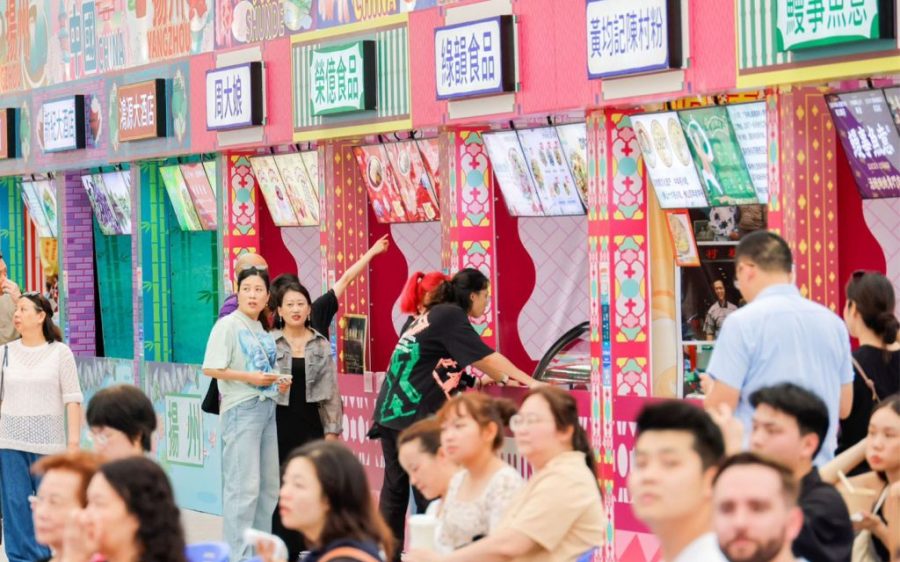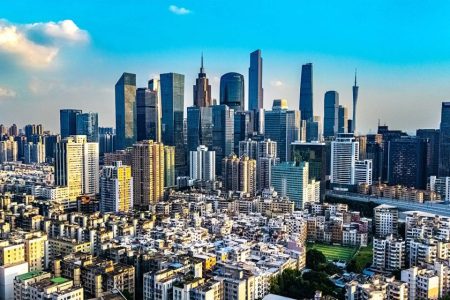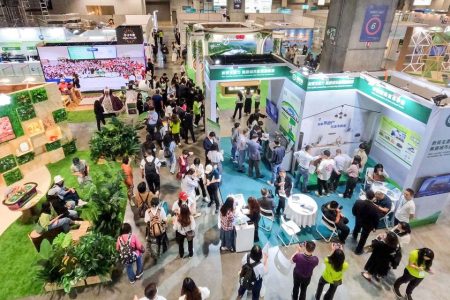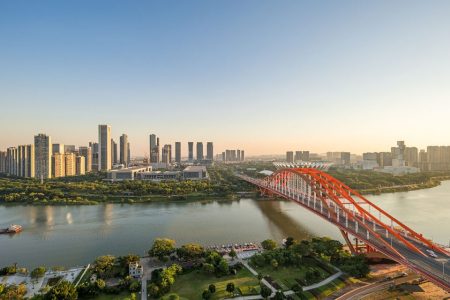Speakers at the International Gastronomy Forum this afternoon pondered the business of holistic gastronomy, alongside the development of the wellness tourism industry.
Amber Li, the cofounder of the Hengqin-based wellness resort, Serensia Woods, said the industry was expected to be worth US$1.3 billion by next year. “The recent pandemic has also accelerated the shift toward health focused tourism,” Li pointed out. “Travellers now are choosing destinations that offer robust wellness experiences.”
Citing her own resort as an example, Li said that healthy foods were served to help guests reset their metabolisms and overcome poor sleeping patterns, as well as reduce stress.
After Li’s speech, a panel discussion concerning the business and tourism potential of holistic gastronomy was organised, with Douglas Parkes of the South China Morning Post moderating a group of six panellists: Mariana de Oliveira Dias, the executive director of health and wellness at Sands China; Ruby O, the assistant vice president of sustainability and business synergy at MGM; Maria Fatima Pun, the director of sustainability at Wynn Palace and Wynn Macau; Andrew Tsui, the co-founder of Rooftop Republic; May Chow, the chef and owner of Hong Kong’s Little Bao restaurant; and Manav Tuli, the chef and founder of Leela, also in Hong Kong.
The discussion kicked off with a focus on the definition of holistic gastronomy, with Oliveira Dias stating that “it’s an approach to food and dining where it considers the interconnected physical, mental and social aspects of the culinary experience in culinary cultures.”
Regarding the difficulties faced by the industry, Tuli said that “it’s very difficult to get staff,” noting that “the younger generation think that when they come on board, they will immediately become accomplished.”
[See more: 2024 food trends and where to find them in Macao]
On the issue of sustainability, Pun said that Wynn has been using a system that keeps track of food waste that allows the property to revise and adjust the ingredients to ensure sustainability. “Sustainable procurement is important,” said Pun who noted that Wynn collaborates with the Marine Stewardship Council to ensure that the fish it sources are from sustainable sources.
In terms of improving food sustainability, Tuli said that his restaurant personally purchases many of its produce locally and invests in products that are organic and free from pesticides.
Oliveira Dias, meanwhile, highlighted that sustainable options needed to be accessible to everyone and that celebrities, influencers and community leaders can help to spread the message by being “the model for more sustainable and healthier food behaviours.”
Tsui said that the quality of the land and soil needed to be considered, mentioning a study that found that the nutritional value of “one orange 50 years ago is equivalent to eight oranges [nowadays].” He stressed the importance of engaging all the stakeholders and directly interacting with farmers rather than communicating through intermediaries.
This year marks the return of the International Gastronomy Forum after a five-year hiatus due to the pandemic. Unlike the previous editions, which were held in 2016, 2018 and 2019, the 2024 iteration has been incorporated into the programme of the 10-day International Cities of Gastronomy Fest Macao, which is scheduled to run until 23 June.
The festival is intended to showcase Macao’s food culture, as well as those of other UNESCO cities of gastronomy, including Phuket in Thailand and IIoilo in the Philippines. According to the organiser, the event features around 100 stalls and 60 culinary demonstrations.
Macao News is an official media partner of the 2024 International Cities of Gastronomy Fest.
